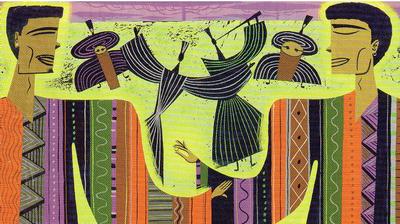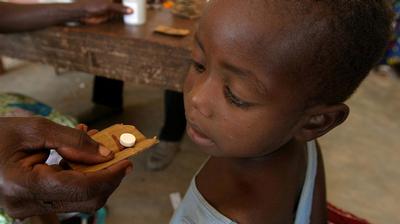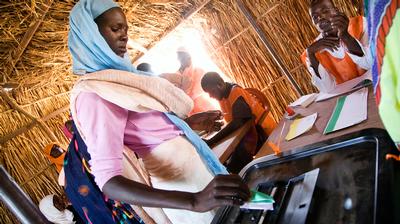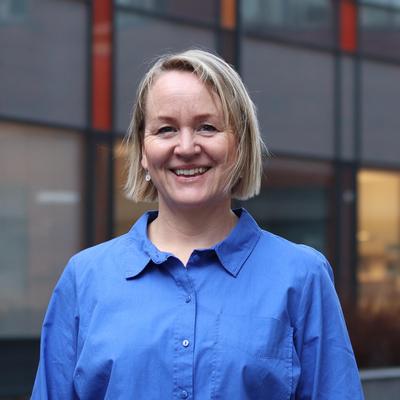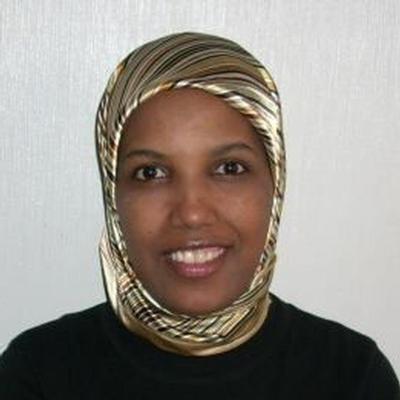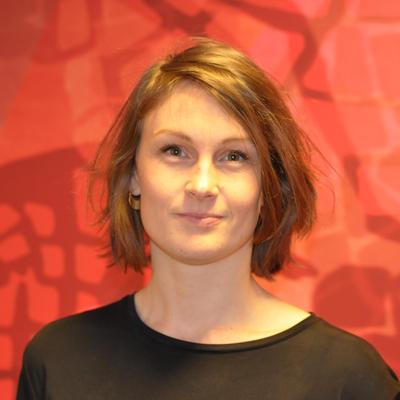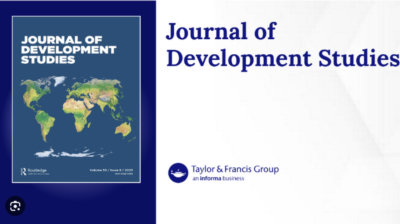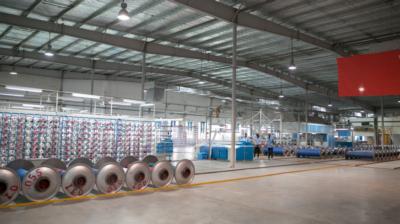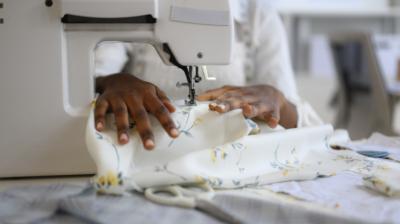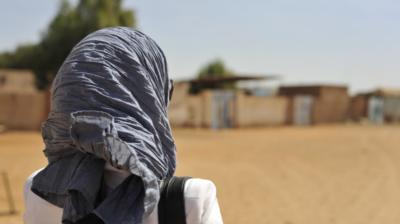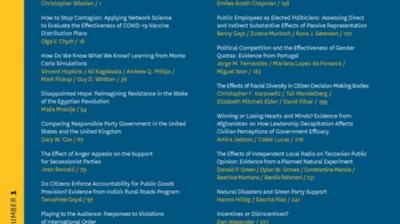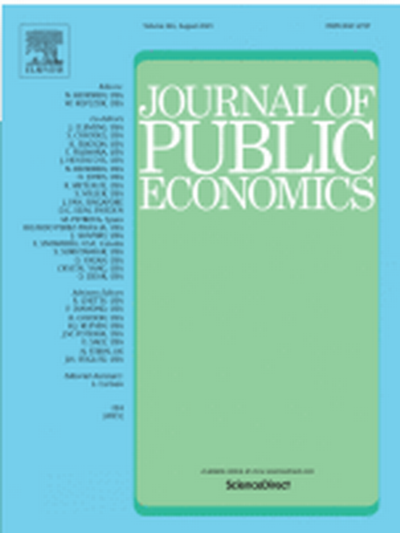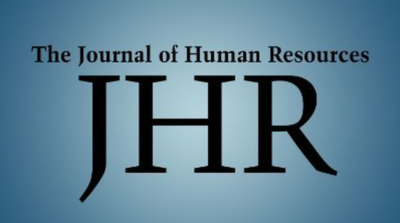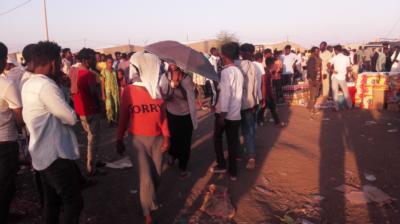Ethiopia
Current projects

Jan 2021 - Dec 2026
Poverty reduction, norms and vulnerability to gender-based violence

Jun 2021 - May 2026
Jobs Network
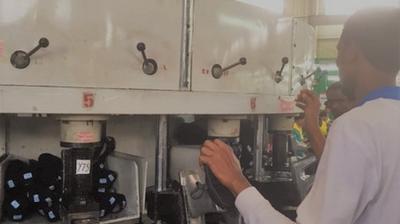
Jan 2020 - Dec 2025
Job Creation
Completed projects

Jun 2020 - Jun 2025
PluriLand: Theorizing Conflict and Contestation in Plural Land Rights Regimes

Jan 2018 - Feb 2022
Creating a political and social climate for climate change

Feb 2019 - Dec 2019
Evaluation of Norwegian engagement in South Sudan

Jan 2015 - Dec 2019
Women in the developmental state: female employment and empowerment
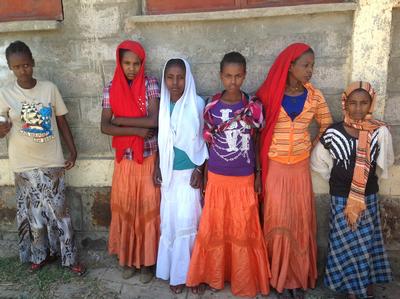
Sep 2016 - Jun 2018
Life Skills in Non-Formal Contexts for Adolescent Girls in Developing Countries
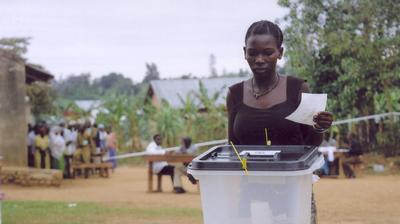
Nov 2009 - Dec 2011
Elections and Democracy in Africa
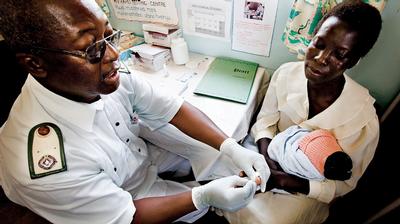
Jan 2005 - Dec 2009
Priority setting in global health

Sep 2008 - Apr 2009
Evaluation of Norwegian Support to Protection of Cultural Heritage
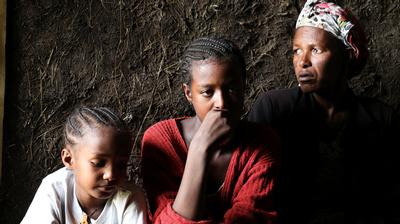
Apr 2008 - Nov 2008
Improving the Integrated Rural Development Projects in Western Ethiopia

Jan 2006 - Dec 2006
Poverty monitoring and macroeconomic advice in Ethiopia

Sep 2003 - Dec 2006
Research co-operation on emerging social issues in Ethiopia

Aug 2005 - Dec 2005
Review of the Norwegian Development Fund Portfolio in Ethiopia

Feb 2005 - May 2005
Poverty monitoring Ethiopia - ICR ESRDF

Aug 2003 - Feb 2005
Aid to judicial reform

Jan 2003 - Dec 2004
Norwegian NGOs and aid

Jan 2003 - Dec 2003
Enweyway

Jan 2001 - May 2002
Ethiopia since the Derg: A decade of democratic pretension and performance

Apr 1999 - Jun 1999
Norwegian support to building of research capacity at national level

Jan 1996 - Jan 1998
The Borana land-use project

Leonardo Arriola
Associate Professor at University of California, Berkeley and Affiliated Senior Researcher
![Women in Transition: Female Employment and Political Empowerment during Ethiopia's Reform Process ]](http://www.cmi.no/img/400/15309-good-governance-in-action.jpg)
